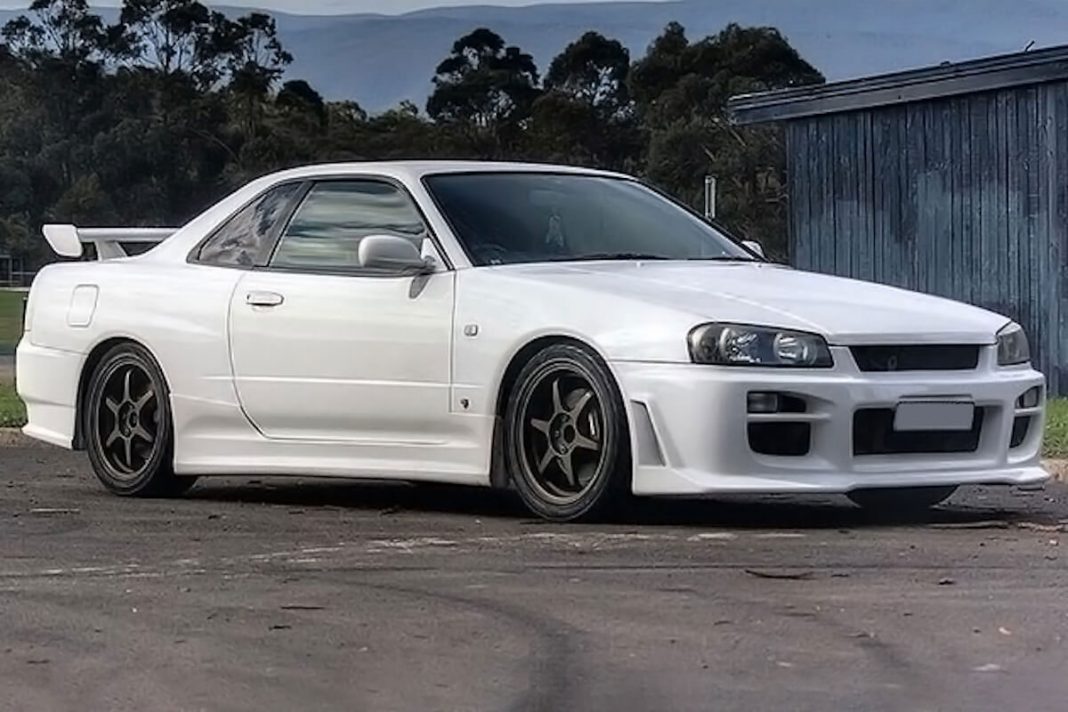Despite the quality of Japanese import cars, it is always good to seek a vehicle with clean service history and get it examined. Comprehensive service history will provide you with even more peace of mind knowing that the car has been well-maintained while also increasing its market value if you ever decide to sell it.
A mechanical examination is another excellent technique to guarantee that you are getting a decent deal. Just have a respected local mechanic go over the car before you buy it, and they will be easily able to tell you if it has any faults and if any maintenance is needed in the near future. That way, you will go into your purchase knowing exactly what you are getting.
Here is the complete guide:
This guide includes all of the critical things which you need to know about import cars.
Tips and strategies for selecting a goodie:
· One thing to watch out for with Japanese imports is snow tyres, which, according to the AA, aren’t always suited for New Zealand conditions and may not be as safe as ordinary tyres. To identify them, look for a snowflake emblem on the sidewall of the tyre.
· If you’re purchasing an older import, you should also pay special attention to the odometer readout. If the number appears to be suspiciously low, you should either ignore the car or ask the vendor to verify it for you. To be sure, look for an AA sticker that proves the mileage.
Things you need to know about:
· Not everyone selling vehicles in Japan is honest:
It may seem incredible, but not all car sellers are honest, which is true in Japan. They can be dishonest in a variety of ways, including the quality of the automobile, the number of kilometres driven, and even the car’s very existence.
That is why it is strongly advised that you purchase through auctions. The auctions provide an unbiased appraisal of the car. The auctions use a tracking device to determine whether the car’s odometer has been tampered with. When you see a car at an auction, you don’t need any proof of its existence.
The fact that an exporter is a member of JUMVEA (Japan Used Motor Vehicle Export Association) does not ensure the exporter’s honesty:
JUMVEA is not a policing agency for exporters; instead, it was established to assist exporters. They lack the competence and personnel to investigate the exporters’ honesty and integrity.
· In Japan, the age of a vehicle is determined by when it was initially registered rather than when it was manufactured. These dates might vary greatly:
A car may be manufactured and then sit in a dealer’s yard for a year before being sold. When it is sold, it receives its official age, which begins on the day of the sale (or, more technically, “registration”). If the date of manufacture is more essential to you than the date of first registration, please let the importers know, and they will locate the date of manufacture for you before you purchase.
· Just because a dealer has photographs of a car, even if there are numerous pictures, does not mean he has a vehicle to offer you:
Unfortunately, we have heard several tales of customers purchasing a car from a dealer’s inventory, sending money to him, and then never hearing from him again. It does occur. Some of these so-called exporters even go so far as to hire an official office to complete their ruse. This is why we advocate buying vehicles at auctions that YOU can witness.
· A vehicle is generally inexpensive for a reason:
What do you mean? There is always a reason why an automobile is so inexpensive. Some simple explanations include “flood history,” “accident repair history,” and “adjusted odometer.”
Purchasing from auctions, once again, shields you against all of the above. However, you may have to pay market value for a genuine automobile.
Rust is not a problem for a certificate of fitness in Japan, but it may be in your country:
Before purchasing, be sure that the vehicle is clear of corrosion underneath. Cars from northern locations, where salt is used to melt snow on the roads throughout the winter.
· Odometers are now computerized. Therefore is there no odometer tampering?
No, it’s not true. Tampering has just gotten increasingly difficult to detect. Many automobiles exported from exporters’ “stock” might have been altered by using a diagnostic computer. Buying at an auction, once again, ensures that your exporter has not tampered with the odometer.
Provide Automobiles provides Japanese cars, trucks, buses, SUVs, and vans from over 115 Japanese vehicle auction venues across the country, from Hokkaido in the far north to Okinawa in the deep south.
So, are you seeking Japanese Import Cars and Used Toyota Alphard for Sale? Keep all of the above ideas in mind before making a purchase.

